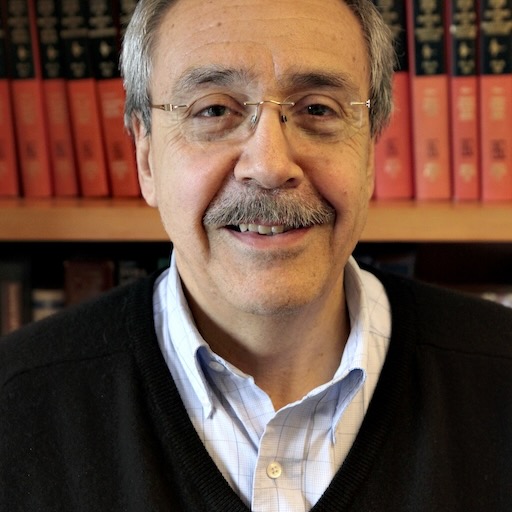
Carlos Bustamante, PhD
Carlos Bustamante is a professor in the departments of Molecular and Cell Biology, Physics and Chemistry at the University of California, Berkeley. As a biophysicist, Carlos’ main work has been in the development of the area of single molecule force spectroscopy, i.e., the theoretical underpinning and experimental methods involved in the application of force to macromolecules one at a time, and the detection of those forces generated by those same molecules in the course of their biochemical reactions. Carlos laboratory was the first to mechanically manipulate and stretch a single molecule of DNA to determine its elastic properties. His work has been concentrated in the study of the molecular machines of the Central Dogma, in particular RNA polymerase and associated factors, and the ribosome. Using ultra-high resolution optical tweezers instruments and more recently a combination of this technique concurrently with single molecule fluorescence spectroscopy, his laboratory has been characterizing the mechanical barrier posed by the nucleosome to the passage of the enzyme as a central mechanism of control of gene expression. Recognizing that methods of single molecule force spectroscopy are uniquely posed to investigate novel concepts in statistical mechanics, his laboratory has been instrumental in testing experimentally for the first time the recently derived fluctuations theorems, relationships that link for the first time the areas of reversible and irreversible statistical mechanics in physics.
Carlos Bustamante was elected to the National Academy of Sciences of the USA in 2002 and the American Academy of Arts and Sciences in 2015. Since 2000 he has been an investigator of the Howard Hughes Medical Institute.